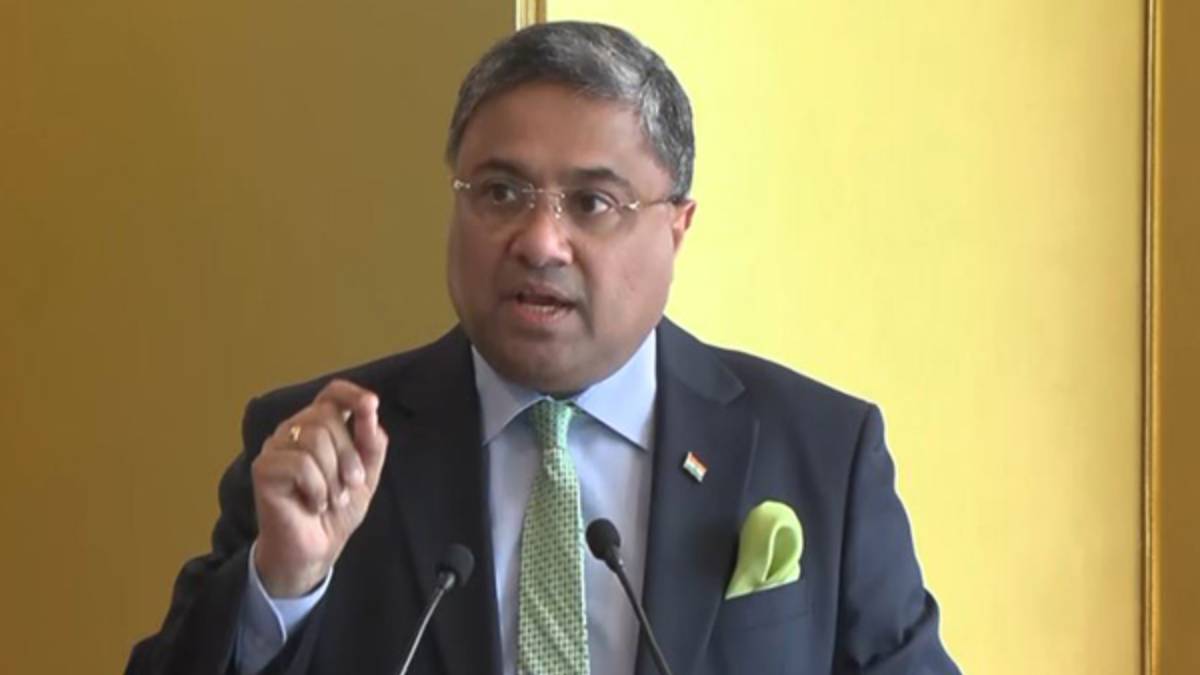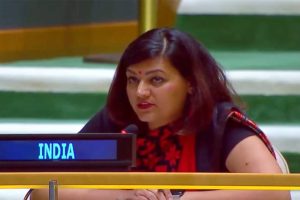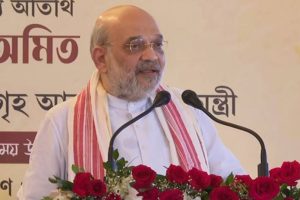India’s Ambassador to Japan, Sibi George, has hailed the recent visit of an All-Party Parliamentary delegation to Japan as a resounding success in projecting India’s unity, strength, and resolve against terrorism to the global community.
Led by JD(U) MP Sanjay Kumar Jha, the delegation visited Tokyo from May 22 to 24 as part of India’s diplomatic outreach following the April 22 Pahalgam terror attack, which claimed 26 lives. Ambassador George emphasized that members from across India’s political spectrum spoke in one unified voice, affirming a policy of zero tolerance to terrorism.
“This visit helped us convey that our unity, strength, and determination will go to any extent in destroying the infrastructure of terrorism,” George said in an interview with ANI.
The delegation held high-level talks with Japanese Foreign Minister Takeshi Iwaya, former Prime Minister Yoshihide Suga, members of Japan’s Parliament, and ambassadors from various countries. Japan, notably, was one of the first nations to condemn the Pahalgam attack, with Prime Minister Fumio Kishida personally expressing condolences to PM Narendra Modi.
“They reiterated their support for India’s fight against terrorism. Their solidarity was visible at every level,” George stated.
Ambassador George highlighted India’s identity as a land of peace and nonviolence, rooted in the teachings of Lord Buddha and Mahatma Gandhi. He lamented that just as normalcy and democratic progress returned to Jammu and Kashmir, the terror attack aimed to derail communal harmony and development.
“The enemy struck when schools, tourism, and daily life were thriving. The intent was to destroy progress and harmony—but India will not let that happen,” he affirmed.
The visit also underscored the deepening Indo-Japanese relationship. George noted that India and Japan enjoy a “special strategic and global partnership”, rooted in cultural ties, mutual trust, and shared goals for peace and prosperity in the Indo-Pacific.
Japan’s role as a key ally in India’s economic and technological growth was highlighted, with ambitions to scale bilateral cooperation in sectors such as defence, semiconductors, education, and people-to-people exchanges.
“We want 50,000 more Indian professionals in Japan over the next five years,” George added, pointing to booming collaboration in technology, especially in semiconductors and academic exchanges.
What stood out most, according to George, was the unity of India’s political spectrum—a message that resonated powerfully in Japan.
“It’s amazing how India’s diversity has come together in this fight. The message was loud and clear: Terrorism will not be tolerated—at any cost.”
The delegation’s visit to Japan is part of a broader diplomatic mission that will continue across Indonesia, Malaysia, South Korea, and Singapore, reinforcing India’s stance post-Operation Sindoor, which targeted terror infrastructure in Pakistan and PoJK.
India’s message to the world is unambiguous: Terrorism is a global threat, and unity is the world’s greatest defence.





